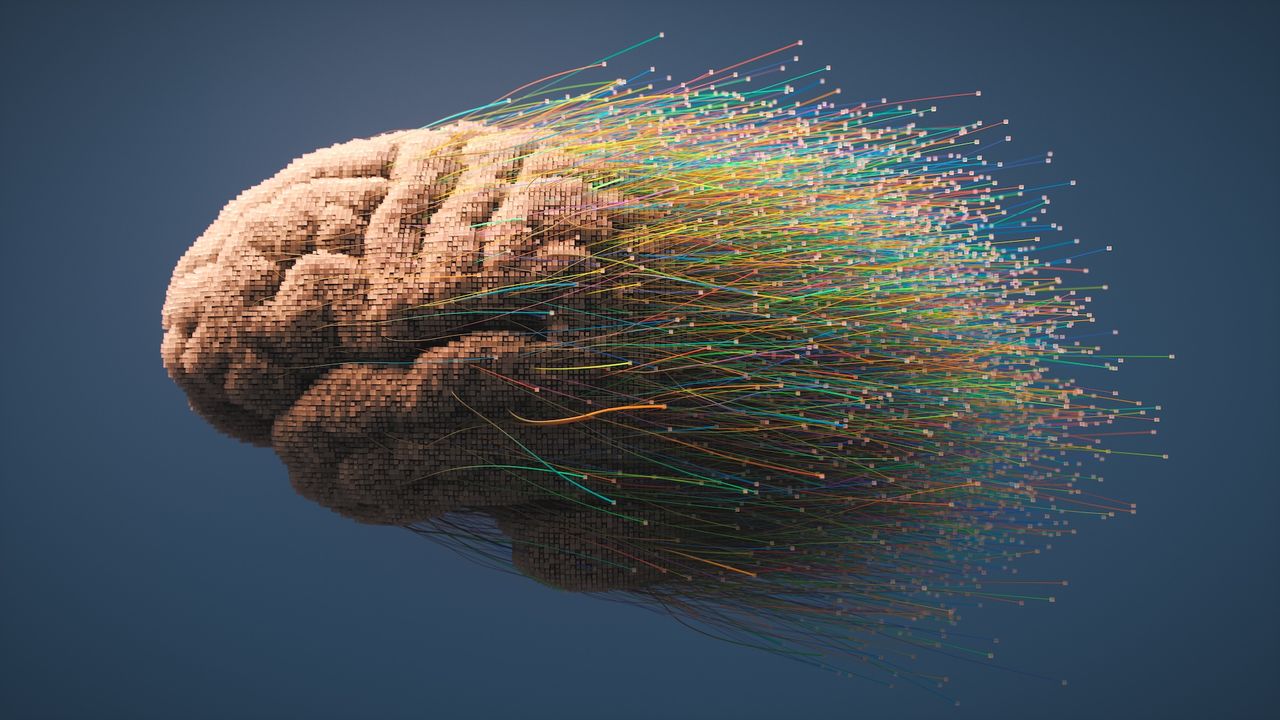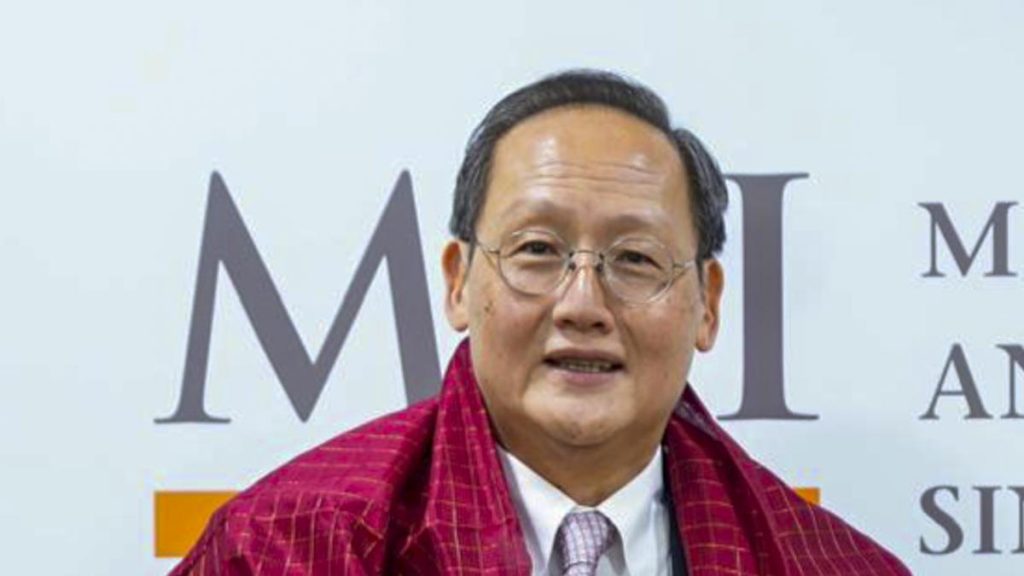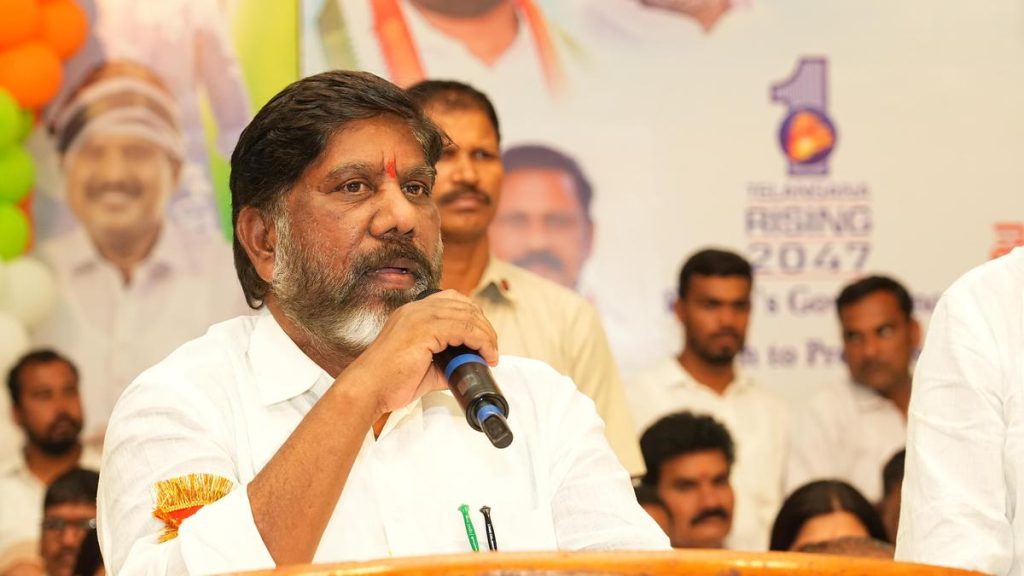Now Reading: Brain Study Reveals How Memories Evolve Over Time
-
01
Brain Study Reveals How Memories Evolve Over Time
Brain Study Reveals How Memories Evolve Over Time

Fast Summary:
- A new study on mice reveals that memories of places are not static in the brain but “drift” over time, carried by different sets of neurons.
- Historically,scientists believed place cells in the hippocampus stored durable spatial memories; newer research challenges this view.
- Using virtual reality and controlled environments (a treadmill paired with consistent sensory inputs),researchers showed that stable place cells account for only 5%-10% of recorded neurons. Less-excitable cells are more prone to drift over time.
- Lead scientist Daniel Dombeck suggests this drift helps the brain distinguish similar experiences as individual episodic memories and possibly track time passage.
- The findings may apply to human hippocampal function but require further verification; excitability of stable cells may impact memory quality as individuals age.
Indian Opinion Analysis:
This study sheds light on fundamental questions about memory formation and storage, challenging decades-old assumptions about stability in neural representations within the hippocampus. For India-a country emphasizing advancements in neuroscience and technology-the implications could spur deeper exploration into age-related cognitive decline or memory-enhancing techniques. The findings offer potential relevance for addressing elderly care issues or neurodegenerative disorders such as Alzheimer’s disease prevalent among Indian families, even though human applications remain untested at this stage.
the innovative use of virtual reality for behavioral experiments also opens avenues for Indian institutions advancing VR-based medical technologies or cognitive therapies-a growing field globally yet underexplored locally due to resource constraints. As India invests more into interdisciplinary sciences like bioinformatics, collaborations probing neuron excitability mechanisms might culminate into breakthroughs enhancing both healthcare outcomes and educational tools tailored for specific conditions affecting memory retention across life stages.
























